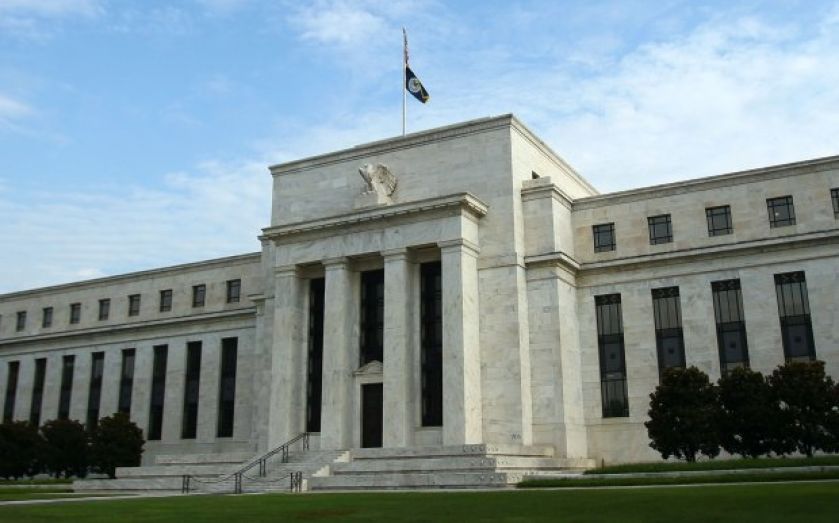Top economists aren’t convinced by Republican proposal for Federal Reserve monetary policy rule

Economists aren't impressed by the latest bright idea out of Washington.
A Republican proposal to have the Federal Reserve bound by a formal rule, that would mandate a relationship between the Federal funds rate and macroeconomic measures, is failing to win many fans among academic economists.
Those behind the legislation are fans of economists like John Taylor, who's Taylor Rule offers a guide to central bankers when setting interest rates, based on inflation, the inflation target, growth, and potential growth.
IGM Forum has polled several influential economists on the question of whether "this provision would improve monetary policy outcomes in the US". The results are hardly supportive. None think that this legislation would have a positive outcome, while 52 per cent disagree with the idea that the proposal would improve outcomes, and a further 23 per cent strongly disagree. Weighted by the confidence of respondents, the strength of conviction against such a measure is even stronger.
The results may come as a surprise to those who feel that monetary policymaking is all too discretionary. Is it healthy for investors to have to second guess the whims of individual men and women, who can change a central bank's policy stance more or less as they see fit? Daron Acemoglu, one of the economists polled by IGM Forum, is uncertain about the impact of such a rule. He argues that given "the increasingly important and discretionary role the Fed plays, supervision is essential".
For Acemoglu and most negative respondents, the concerns are clear: Congress is probably not the right body to offer that supervision. Such a rule could undermine the Federal Reserve's independence, seeing it politicised and sucked into electoral cycles. And the Fed has a better track record than Congress during the most recent financial crisis, so why hand over any control to politicians? Richard Thaler says that he "can't think of any agency government that would work better with greater supervision from Congress".
Economist Tyler Cowen, who was not polled by IGM, has written that it is "disingenuous to think that peddling the Taylor Rule as a monetary option counts as a rule for those who have general reasons for believing in monetary rules over discretion".
"The Republicans who are behind this are fooling themselves if they think this will yield the (supposed) traditional benefits of monetary rules, namely stability, predictability, non-ambiguity, transparency, and so on," writes Cowen.